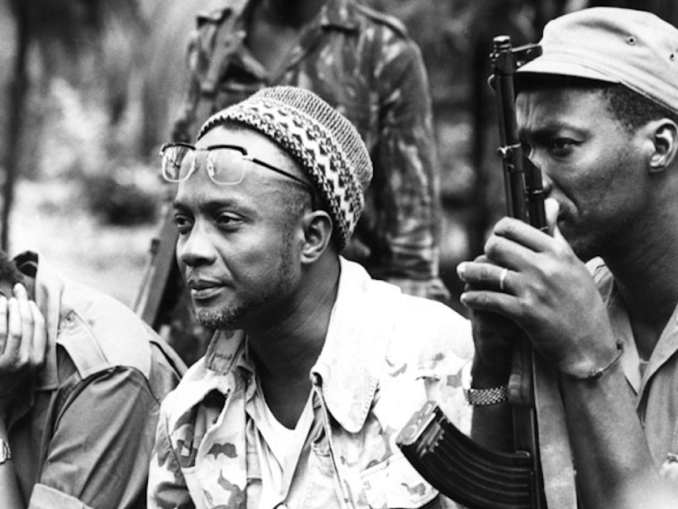Gambiaj.com – (PRAIA, Cabo Verde) – Commander Pedro Pires has called for stronger participation from official authorities in the centenary celebration of Amílcar Cabral. Speaking at a writers’ event in Praia, Pires, who leads the Amílcar Cabral Foundation, expressed disappointment over the “shy participation” of the governments. Despite this, he highlighted the event’s broad international support, crediting civil society and academic institutions for driving its success.
Pires emphasized that the centenary honors Cape Verde and boosts its global recognition, urging the nation to fully embrace Cabral’s legacy, which remains a powerful symbol of liberation. This year’s event also celebrates the fifth centenary of Luís Vaz de Camões’ birth.
Pires, who is also the President of the Amílcar Cabral Foundation, expressed disappointment at the “shy participation” of official authorities in the centenary celebrations. Despite this, he noted the event’s broad international appeal, drawing participation from intellectuals, academic institutions, and popular associations across various countries and cultural backgrounds. This global engagement, according to Pires, is a result of successful collaborations with both national and international institutions.
The former Cape Verdean President underscored the centenary’s significant impacts, describing it as an “important added value” that enriches the nation’s academic institutions, opens new avenues for its global recognition, and bolsters national self-esteem and cohesion.
“This immaterial dimension can serve as a symbolic force, instilling confidence and encouraging both individual and collective efforts towards the consolidation of our independence and the safeguarding of our state’s sovereignty—key pillars of our ongoing liberation journey,” Pires stated.
He also praised Cape Verdean civil society for its “patriotic and committed” involvement in the centenary, noting that the success of the celebrations, both domestically and internationally, would not have been possible without their active participation. Pires particularly highlighted the role of academic, cultural, professional, and youth institutions in supporting the event, contrasting their enthusiasm with the muted involvement of official authorities.
Reflecting on the broader significance of the celebrations, Pires pointed out that the memory of Amílcar Cabral has consistently overcome “ideological threats” and remains a powerful symbol in the fight against ethnocentrism, neocolonialism, and historical revisionism. Cabral’s legacy, he asserted, continues to be recognized globally as a beacon of political, social, and cultural liberation for oppressed peoples.
“Amílcar Cabral embodied a transformative and motivating leadership,” Pires concluded. “The centenary celebrations will provide further opportunities to confirm and consolidate his place in history and his innovative contributions to the liberation of African peoples, particularly those in former Portuguese colonies.”
This year’s edition of the Meeting of Portuguese Language Writers, organized by the Union of Capital Cities of Portuguese Language (UCCLA) and the Municipality of Praia, also pays tribute to the fifth centenary of Luís Vaz de Camões’ birth










